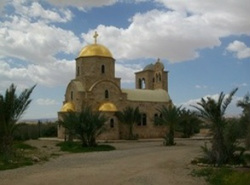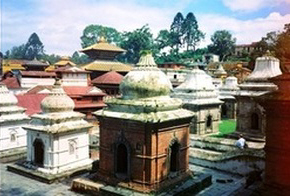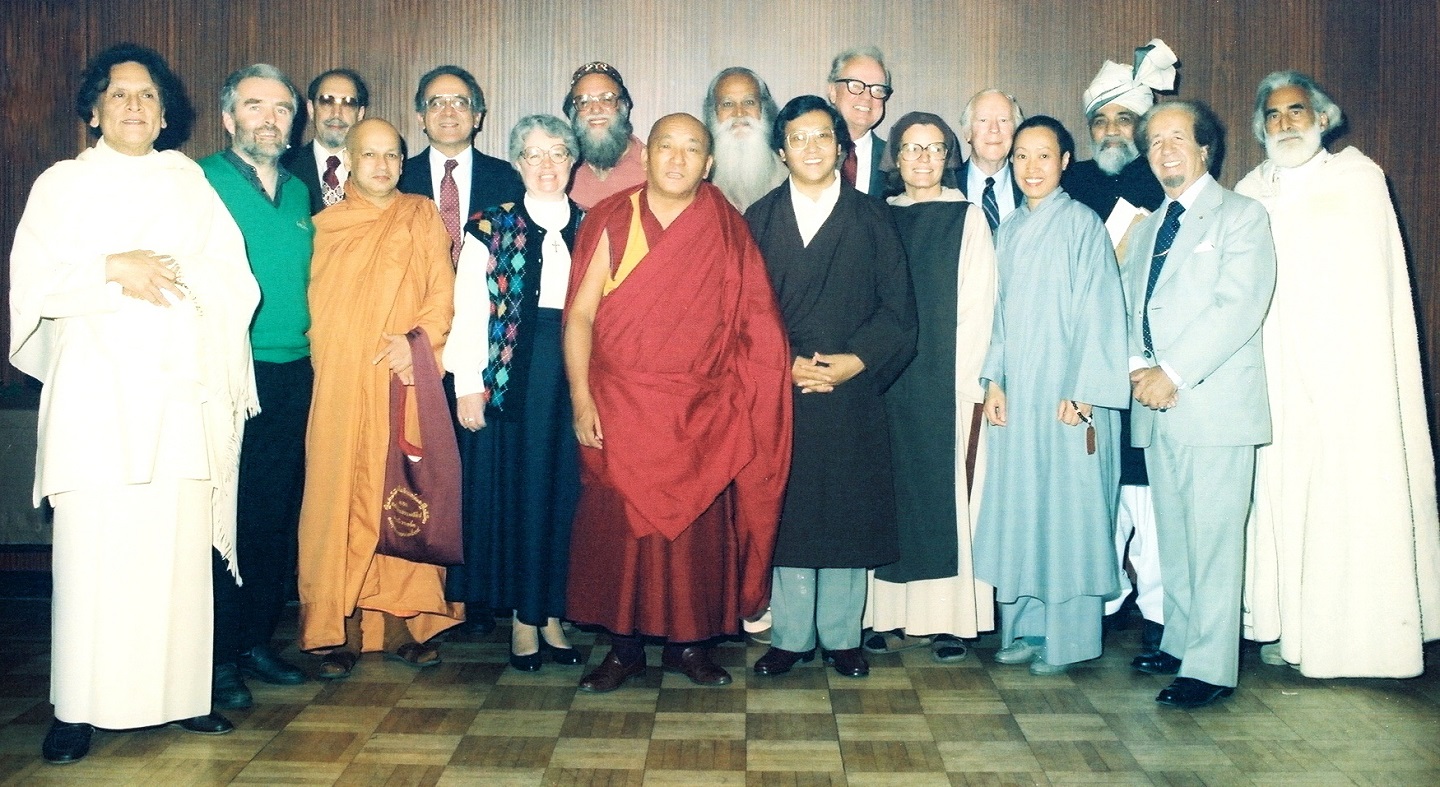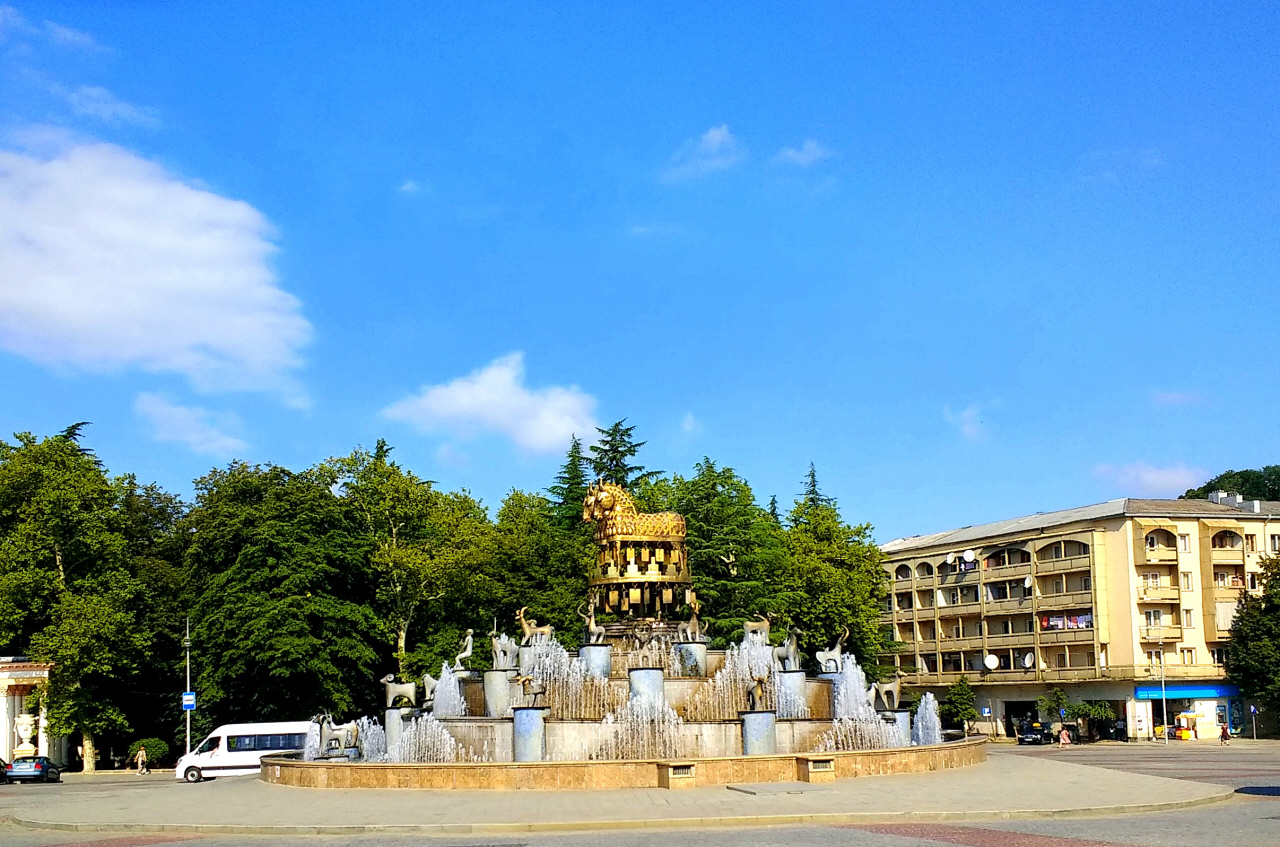Traveling in Georgia 2018
Embrace Foundation is a non-profit,
educational foundation set up to create
better understanding between people of
different religions, cultures, traditions and
world philosophies.
Embrace Foundation works to bring leaders
and scholars of world-wide religions,
cultures and philosophies together by
sponsoring forums, seminars, lectures and
developing an international exchange
program. Embrace Foundation is particularly
concerned with reaching the world public
through the media.
Purpose

Donations
Embrace Foundation is an all volunteer
organization. All donations go directly to
programs.
Embrace Foundation does not and has
never given permission to any outside
organization to solicit or receive
contributions on our behalf.
All donations should be made to Embrace
Foundation only via Paypal or by mail. All
donations are tax deductible. A receipt will
be emailed to you. Please click on the Pay
Pal link below to Donate.

Travel As An Interfaith Act
Embrace encourages all who can do so, to
learn about other traditions and cultures by
traveling as “Grassroots Diplomats.” We
hope that people every where become life
long students of our world-wide humanity.
“ In every man there is something wherein I
may learn of him, and in that I am his pupil.”
R.W.Emerson

Embrace Humanity

Thank you for making a donation.
- Great Visions TV
- Inspirations
- Media
- Possibilities
- Astrophysics, Quantum Physics & The Nature of Reality
- Deconstructing Nuclear Fission & Nuclear Waste
- Defense Industry as Community Builders
- Defense Industry As Energy Providers
- Global Water Shortages
- Innovative Technology
- Intelligent Communities & Development
- Pentagon & Non-Western Nations
- Recreating
- Resource Based Population
- Sharing Community Resources
- Protecting Human Rights
- Spiritual Ecology
- Syria
- Write to Us

TRAVELING IN GEORGIA
Georgia is beautiful, soulful and captures both the heart and imagination. . .Anyone that can visit it, should definitely do so. It
is a microcosm of what is developing worldwide. Those who read this may gain a clearer insight into aspects of what may
be happening in their own countries, even in some parts of Africa.
There are many human interactions and real dichotomies occuring in Georgia at this time in history and they should all be
addressed; Very Old Communities of Georgians - Christians and Jews, Russians, Iranians buying property, Saudi tourists
in large numbers . . .
Georgia could be a meeting place and a new hope for inter-cultural and inter-religious dialogue. A major world
event of music, dance, food, arts, crafts could bring people around the world to Georgia for glimpse of a new age.
Such an event would enable people within the country to have the opportunity to learn about each other in an
open and joyful exchange.
Georgians - Their Land and Jobs
Many Georgians have waited a long time to be able to buy property and have private businesses. The economy like most
economies world-wide including the United States is trying to cope. (Remember that the Stock Exchange does not
represent the millions of American’s unemployed or greatly under-employed or homeless)
In 2017 there was a large demonstration against illegal immigrants and there is a feeling of resentment when some
Georgians bid on property and are outbid by foreigners, such as Iranians, who we are told, are buying large amounts of real
estate in Georgia. (The Georgian government has allowed foreigners to buy real estate in order to bring in much needed
capital.) The Georgian people have a strong identity and have waited many years to be able to express their independence
and sovereignty so feelings can run strong with regard to this issue.
We met a young man who has lived and worked in Germany ostensibly so that he could save money to return to Georgia
and buy property. By the time he has enough money, he worries whether there will be property to purchase.
The question has to be asked; how do the Germans feel about a Georgian taking jobs away from Germans? Will he stay in
Germany and buy property there? He already has a sister and her family living in Germany permanently.
A Few Questions:
The worries and concerns of people in every country come full circle.
1.) Who do governments represent?
a. The tax payers within a border?
2.) Can a government exist without a border?
3.)Who are the taxes collected within a border for:
a. the people within the border,
b. the government officials,
c.or anyone from anywhere whether they pay taxes or not?
(The above is not refering to refugees, especially ones that a government has been complicit in bombing out of their
homes.)
Georgia & Georgian-Russian Citizens
Given that Georgia was a part of the Soviet Union from 1921 -1991, there are Russians who became Georgians during that
time period. There are also young people of Russian descent who were born in Georgia and know only a Georgian way of
life.
Are There Really Russians in Georgia?
“Some in Georgia's prevailing political and intellectual elites seem to deny the existence of ethnic Russians altogether .
. .
On the one hand, these denials may simply reflect political expedience. Acknowledging the presence of naturalised or
native-born ethnic Russians in Georgia might risk lending credence to the “compatriots policy” introduced by the Russian
government in recent years to justify intervention in defense of its kin - ambiguously defined by ethnicity, citizenship or
language - in the near abroad.” opendemocracy.net - Jason Strakes
Russians & The Georgian Orthodox Church
Previous Czarist and Soviet governments that either interfered with or oppressed the Georgian Orthodox Church, have
never reflected the values of the grassroots Russian people and so it was hardly surprising that the Embrace Founders
saw devout Russians (especially women) praying in many Georgian Orthodox Churches. For younger people of Russian
descent, the Georgian churches are the only ones they’ve ever known. In general, there is very little difference between
Georgian and Russian Orthodox traditions. Language and national founding saints being the exception.
What The Embrace Founders Saw -
In the central park of Kutaisi, retired Russian men seemed jovial and kind-hearted. Sharing a park bench four of them
somehow managed to fit in a fifth friend, talking and laughing and smiling helpfully to anyone that might need their
assistance. They ran interference for Ajata and Virginia sitting across from them from a disturbed women who wanted
something, but we could not understand. They seemed to try to make themselves available when we were lost. In short
they were just nice people.
Kutaisi - Downtown - What is Going On?
There are two restaurants in Kutaisi that are especially popular with Westerners; Palaty and Baraqa. One day while eating
lunch at Palaty Restaurant, the Founders saw their petite waitress looking extremely distressed as she gazed out the front
window. There they saw a man who definitely was menacing and built something like compact tank. The waitress fled to
the kitchen and wouldn’t come back out. A young man vigilantly keeping an eye on the window, replaced her.
A day or so later Ajata and Virginia went for a second time to Baraqa Restaurant. The Founders saw a notice on the
entrance door to Baraqa. A notice they had not seen previously, The notice stated something about Russians not being
welcomed in Georgia.
In the corner of the restaurant was a group of men similar to the one who terrified our waitress at Palaty Restaurant. In fact,
Virginia thought one of the men was the same one standing outside the Palaty Restaurant when the waitress became
frightened.
Ajata and Virginia ruminated over this notice and the group of men. This was a puzzle. Was there a connection between the
men and the new notice on the door?
Which Russians did the notice mean?
1.) The ones born in Georgia
2.) The ones that spent their whole lives in Georgia?
3.) Military incursions from Russia?
Were the owners of Baraqa, Abkhazians who have fled from Russia’s recent dominance in the area? And who were these
guys in black tee shirts that looked like what the Irish call “Hard” men. The waitress at Baraqa didn’t seem to like them
either. The Embrace Founders don’t know who these men were or why they terrified waitresses, but since leaving Georgia
we’ve discovered that Georgia has one of the most violent mafias in the world and the Kutaisi branch is the worst of the
worst. At one time the Georgian mafia was in control of paramilitary groups in Abkhazians, so we’ll leave this episode for
others to ponder.
One last note on Kutaisi, mafias aside, it is a wonderful city and area and missing it and the Gelati Monastery would be a
tremendous loss.
The Georgian Jewish Community
The Founders were delighted to find a dynamic and very, very old Jewish Community in Tbilisi (of Gurjim or Ebraeli Jews)
who some scholars believe came to Georgia after 586 B.C. (in the 6th century B.C.) This of course,is even earlier than
Christianity. Much later Ashkenazi Jews came from Russia.
Ajata and Virginia were particularly touched to see the respect that the “The Tblisi Great Synagogue” shows it’s past
orthodox rabbis, rebbes (if they had Hassidim among them) and scholars and in additiion, the fact that it has been able to
embrace both Ashkenazi and Sephardic sensiblities.
People who choose a life time of dedication to the “spiritual” and are willing to endure poverty for the sake of wisdom, are
people that the Embrace Founders believe have understood one of the things that is truly important in life. Learning, whether
it is scholarly like those who continually study the Tanaka , Mishnah and Kabbalah or whether it is experiental like the
Hassidic practises is a continual process. All people that are learned may not agree but it is important to pursue that which
may lead to wisdom.
GEORGIAN CHRISTIANITY
The Christian Churches and Monasteries in Georgia will erase time and transport you into another world. They are magic.
Not because they are perfect, but because they perfectly reflect the exuberance and pathos of trying to express faith, keep
faith and enjoy faith against the odds in an ever changing political environment. It is more than anything, the chipped,
scraped and defaced colored painting that tell the story best.
Anyone, who is a Christian that wants to go on a pilgrimmage, should include Georgia because Georgia was one of the
earliest countries to become Christian and it can not help but touch you.

Embrace Foundation Retreat Center
Embrace.Foundation (skype messaging) - 011+1+212.675.4500 (New York)
Click to Email Us


